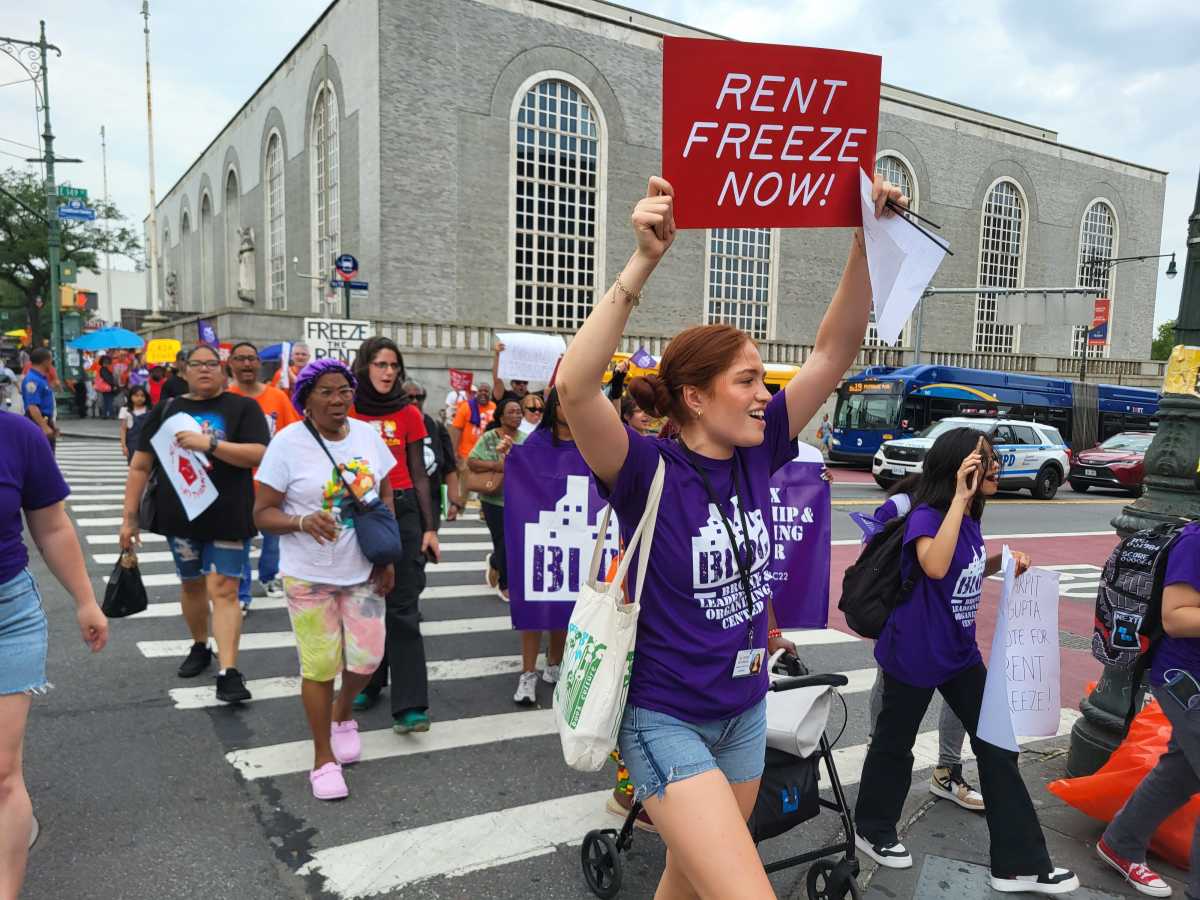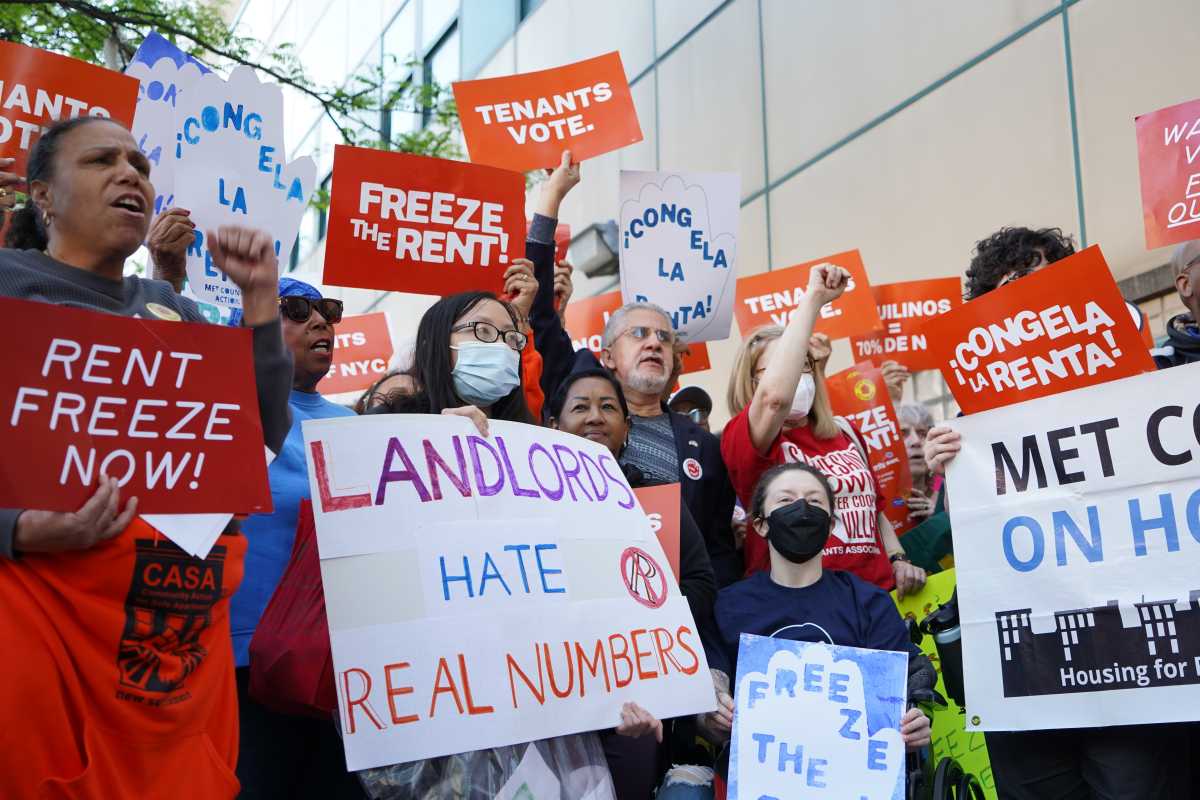As residents struggling to make their rent, hotel industry insiders and housing advocates act as participating spectators, two state Brooklyn lawmakers are going head to head over legislation to control apartment sharing brokerage companies like Airbnb as part of what millennials call the new “shared economy.”

The latest brouhaha comes after Assemblymember Joe Lentol (D-Williamsburg, Greenpoint) last Friday introduced A.07520, intended to ease short-term rental restrictions on multiple-dwelling units. The caveat with the measure is it further regulates rental hosts, in that they would have to register each unit they rent out for short terms with the state Division of Housing and Community Renewal (DHCR).
Additionally the proposed bill imposes taxes and fees similar to taxes and fees that hotels charge.
“This legislation restricts a host to one listing on one home sharing site. The mandatory registry of hosts improves the enforcement of this provision I believe better than current law,” said Lentol.
Lentol said the measure comes after meeting with constituents who rent out their apartments or rooms in their apartments as “hosts” as a way to meet the expense of their mortgage or rent and to supplement the high cost of living in the city. They even rent out their kid’s room when they are away at college to help pay those costs, he said.

But within days of introducing the measure Assemblyman Walter Mosley (D-Fort Greene, Clinton Hill, Prospect Heights, Crown Heights) issued a terse press release blasting the bill measure
“Short-term rentals, like those supported by Airbnb, pose a threat to our neighborhoods. When thousands of apartments across our city are designated as short-term rentals, there are fewer affordable housing apartments for families that need them. It should not be easier for people to turn apartments into de facto hotels, and instead, the Assembly should be looking at ways to make our neighborhoods affordable in the long term,” said Mosley.
“It is unfortunate that the Assembly is choosing to help big corporations instead of community members. I will not support A. 7520, and instead rededicate myself to the fight for affordable housing for all people. The communities I represent are not for the people who want to come and stay for a night, but for the families, senior citizens, and hard-working people who have built a life here. I will continue to advocate for policies that will make their lives easier, instead of supporting short-term hotels that push residents out,” he added.
Mosley’s words were backed up today from The Black Institute President & Founder Bertha Lewis, who called the bill “a poor attempt by Airbnb to write its own laws and play by its own rules.”
“It is very clear that Joe Lentol is the puppet and Airbnb is pulling the strings. Together, Joe Lentol and Airbnb have shown a complete disregard for following State laws that have been put in place to protect affordable housing and New York City’s most vulnerable residents,” said Lewis.
Both Mosley and Lewis’ statement were issued through the high-powered political and labor consultancy agency, The Advance Group, which also represents, The New York Hotel and Motel Trades Council. The Trades Council declined to comment for this story.
Meanwhile, Bedford Stuyvesant resident, Michelle Yates, who frequently uses Airbnb to supplement her income, had this to say, “I’m not sure if Walter Mosley represents me or the hotels. It seems by his actions that hotels will win out in the end over hard-working folks in his district who just want to earn some extra money.”
Airbnb spokesperson Peter Schottenfels suggested that Mosley should try reading the bill before doing the hotel industry’s bidding by sounding off against it.
“This bill is drafted to protect available housing and will maintain provisions that prevent bad actors from removing permanent housing from the market. He will certainly will be hearing more from his hundreds of constituents who depend on home sharing to stay in the homes and neighborhoods that they’ve lived in for years,” said Schottenfels.










